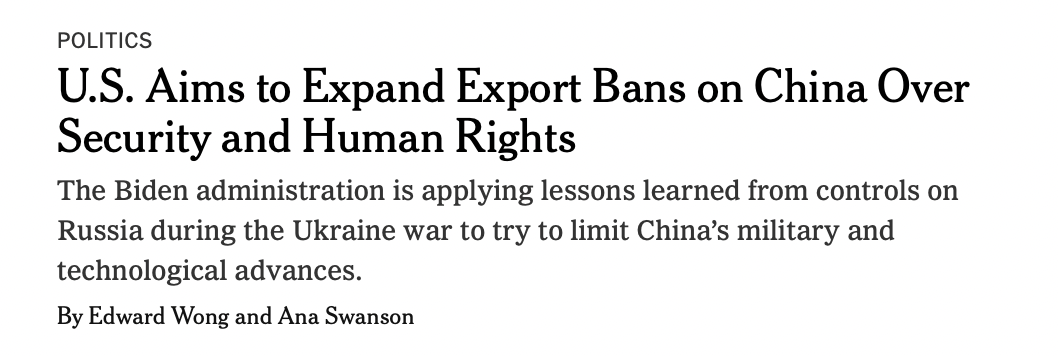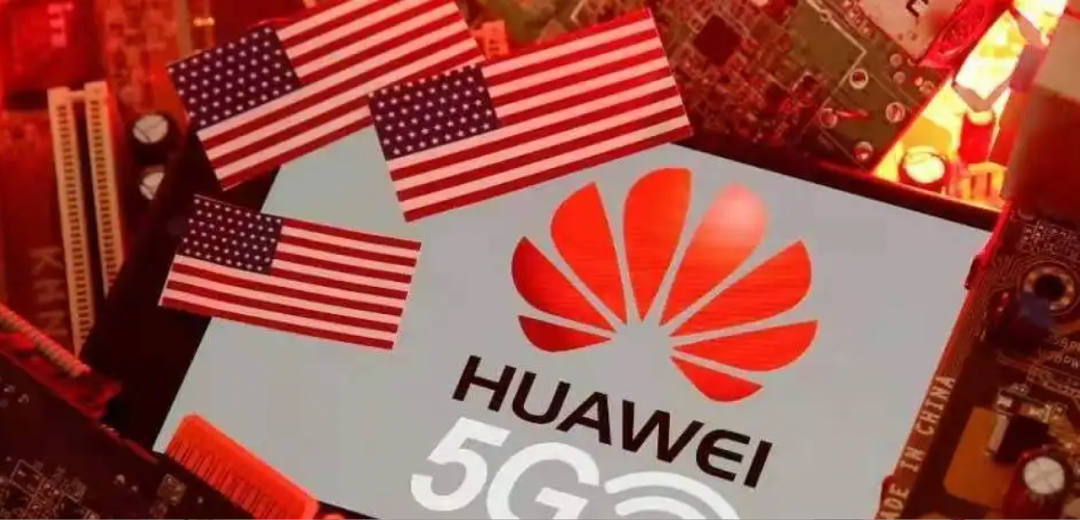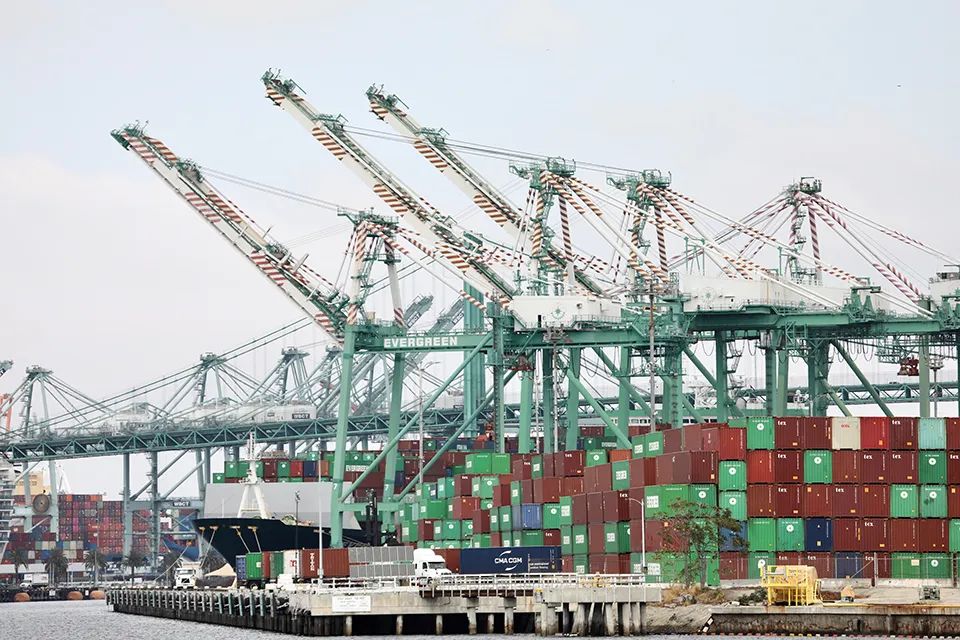[Solution] The two hands of the United States are engaged in "fine points"
Author:Knight Island Time:2022.07.11
"The goal of the United States is to ensure the technical advantages of the country and prevent China from practicing the ability to fight against the United States or neighboring countries in any conflict!" The New York Times recently disclosed that the US government is "learning lessons" from sanctioning Russian operations. Planning to expand export control to China, strictly prevent China from obtaining "technologies that help military and scientific progress" and prevent China from surpassing the United States.
One hand is "considering the reduction of some tariffs on China and Canada", and one hand is to strongly curb the "long -term competitors in the country". What are the most recent "fine points" in the United States?

Report screenshot (source: New York Times)
one
First read the "New York Times" this long article-
Several US officials said that in a series of economic sanctions on Russia, export control has achieved the largest results. The United States and its allies have implemented extensive restrictions on semiconductors, aircraft parts, petroleum and natural gas industry equipment exported to Russia to "weaken Russia's military and strategic industries."
Adhering to the idea of "good classics and turns", these officials have proposed that the same export control methods can be misappropriated to China. After all, China has become "more aggressive, good and active" in the field of science and technology. The United States "manage relations with China" by expanding export control, which is very "reasonable and reasonable."
What do you do?
The US export obstacles to China have already existed, but relevant measures can be "expanded and upgraded": expand, including relaxation of export control scope to allow more allies to participate; upgrade, that is, "redefining sensitivity and key technical scope", especially paying attention to attention Chinese military and security agencies, as well as technology used in the establishment of "monitoring other countries" and other security infrastructure.
Relevant officials also played a round field in advance that the goal of the United States is not to "weaken the Chinese economy in the broad sense", but to "restrict China's technological progress in key areas." To put it plainly, it is to engage in "precise blows".
There is a statement that the "Implementation Guide" is also in place quickly: On June 28, the United States included five Chinese enterprises on the trade blacklist on the grounds of "suspected support for the construction of Russian military and national defense industrial bases".
The New York Times also sorted out the past. In fact, before the "curb Russian experience" landed, the Bayeng government had followed the previous government's approach to control export control as the main means to deal with Chinese enterprises. Data from the Ministry of Commerce show that 107 of the 475 foreign entities in the United States since January 2021 have only 23 Russian entities that have been included in the Russian entities before the Russian -Ukraine conflict.
Who is right for the target?

Chinese companies are included in the "entity list". Picture source: network
two
Interestingly, while the New York Times has expanded export control to China, the US government also frequently hung "cancel part of the tariffs on China" on the mouth. However, many US media revealed that the Bayeng government has reduced tariffs on this time and will start a new round of tariff survey on some Chinese industries.
Is the two hands of the United States, how much is it?
According to the previous estimation of the International Monetary Fund, the decoupling of technology may lead to about 5%of GDP losses in many related countries, about 10 times the loss caused by the Sino -US tariff war. From this perspective, compared with the Trump administration, the trade strategy of "cutting tariffs" and secretly "suppressing China with more measures to suppress China" on the Bayeng government was more insidious.
Since the US government came to power in this year, the US export control policy has been regarded as a key means to prevent technological transfer, enhance the competitiveness of the United States, and ensure the absolute advantage of the United States. Following the almost "cap" on Russia, the United States regards Chinese enterprises as the main pressure object of export control, trying to curb the development of Chinese technology in the frontier of Sino -US science and technology competition in quantum computing, cutting -edge chips, and artificial intelligence.
But "control" the world's second largest economy is really so easy? The US business community warns that "any export control against China will lead to greater risks than similar policies against Russia, and it will even cause a serious hit to the global business environment." The countries that have a relationship will not cooperate with export control, which may allow the US 'sanctioning alliances' to split. "
As for the "technology and market leadership" of the United States, Uncle Island may wish to remind me: technology and market prosperity and coexistence, and some American companies have obtained huge benefits in the Chinese market all year round. How can they lose more than 1.4 billion people in the market? Without profits, how can there be motivation to engage in research and development and innovation technology? Under the trend of economic globalization dominated by the free market, companies will vote with their feet.

Port in Los Angeles, USA (source: Xinhua News Agency)
three
"Our goal is to prevent China from surpassing the United States!" A U.S. official said.
The U.S. government's "two sides and three knives" on China's economic and trade policy highlights the deep contradiction between the need to maintain its own interests and the pursuit of competition in the pursuit of great powers.
Faced with its own economic dilemma caused by the relevant policies of the previous government, this government has to adjust the past tariff policy to alleviate the downward pressure on the US economy; To curb the suppression of China, continue to take other means to further promote strategic competition against China.
Especially with the intensification of US political polarization, the White House will launch "tough measures to China" while the White House imposed tariffs on China and plus China, which will not "criticize the domestic hawks because of the weakness of China." As for whether the relevant policies can truly alleviate the high inflation of the United States, solve the problem of Sino -US trade, and leave the road of birth for the US companies, it seems worthless. Why did the New York Times post a high -profile post at this time? This is of course related to the recent frequent interaction between China and the United States.
It is the US usual diplomatic trick before and after the negotiations and increase the negotiation chips. But this kind of routine that wants to suppress people is actually a guilty conscience that is afraid of exposing more declines in the interaction of China.
As the saying goes, people are worse than self -help. The United States wants to get rid of the mud and enhance its competitiveness, no problem. But do not total generalization of the concept of "national security" and find a scapegoat for US policy errors. Rather than staring at China to engage in "fine points", it is better to find something wrong with yourself.
Text/Point Cangjushi
Viewpoint/Zhoumi (Deputy Director of the Institute of International Trade and Economic Cooperation Research Institute of the Ministry of Commerce), Diao Daming (researcher at the National Development and Strategy Research Institute of Renmin University of China)
Edit/Nine paragraphs
- END -
Ask Qu to have to be so clear, for the "initial heart" living water

Recently, in order to further create a good propaganda atmosphere of the five -wat...
The China Family Planning Association Youth Health Education Service covers more than 700 universities across the country
Xinhua News Agency, Beijing, July 11 (Reporter Tian Xiaowang) July 11 is the World Population Day. The reporter learned from the China Family Planning Association that in the past ten years, the China